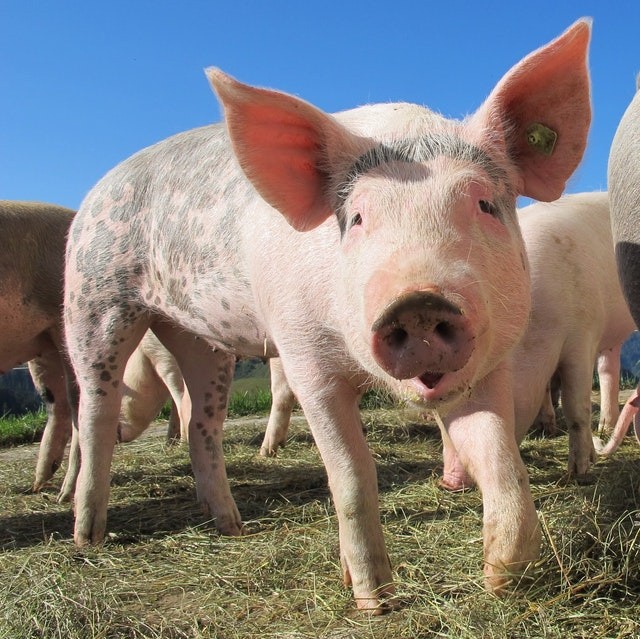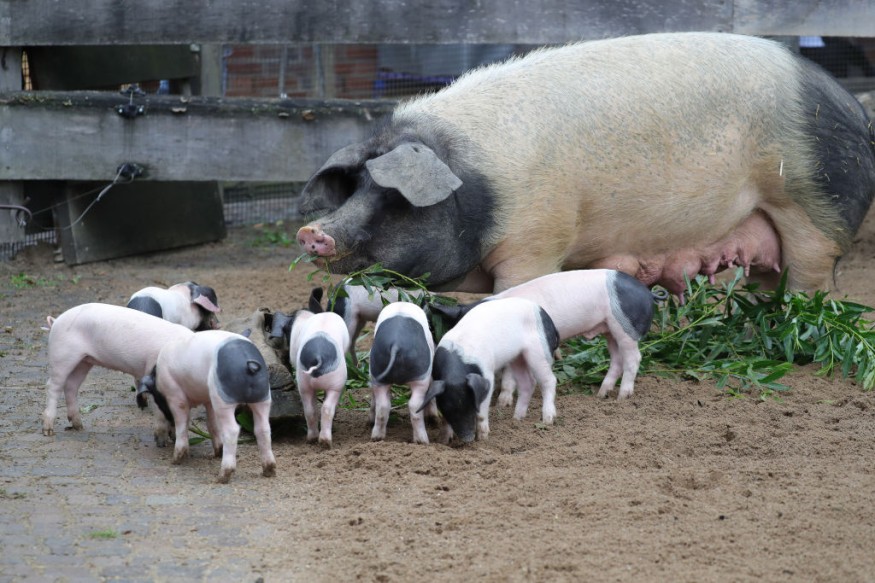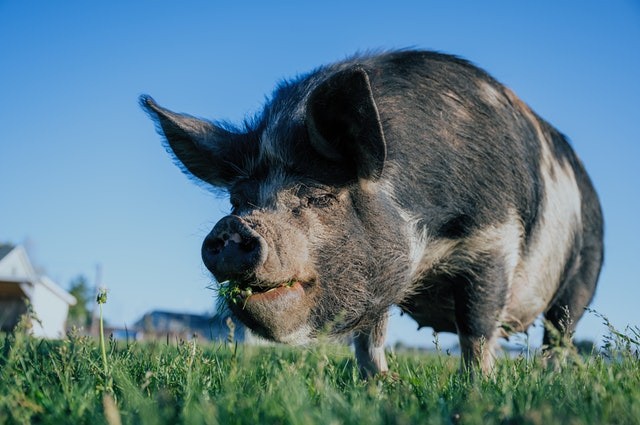Pig farmers in the United Kingdom are the latest victims of the increasing energy crisis, which threatens to lead to a carbon dioxide shortage in the food and beverage industry.

Due to rising gas prices, several chemical plants in Europe are halting the production of fertilizer, a byproduct of which is carbon dioxide, which is used in fizzy beverages and beer, and in the meat sector to shock animals before slaughter.
Carbon Scarcity Leading to Pig Killings

Because of an impending scarcity of carbon dioxide to kill the backlog of pigs headed for abattoirs that are already understaffed due to labor constraints, meat industry leaders have warned that farmers may be forced to begin "humane" pig culls soon.
It would be the first time since the outbreak of foot-and-mouth disease led the government to send the army to British farms to cull cattle two decades ago that farmers would be forced to slaughter their animals en masse.
High Priority
"We urgently need the secretary of state for business to convene the big CO2 manufacturers to demand that they coordinate to minimize disruption and provide information to Britain's businesses so contingency plans can be made," said Nick Allen, chief executive of the British Meat Processors Association.
Concerns that difficulties in the chemicals business may disrupt CO2 supplies for the food sector prompted the government to hold emergency meetings with representatives from the food and beverage industries and the UK livestock sector.
Yara International, a Norwegian chemicals firm, announced intentions to cut ammonia output by 40% at six sites throughout Europe, including one in Hull, affecting the CO2 supply chain. It blamed its profit margins on record gas prices across Europe.
Related Article : New Renewable Fuel Can Be 3 Times More Powerful Than Gasoline
Immediate Action

The decision comes after a US firm, CF Industries, shut down two fertilizer facilities in the north of England earlier this week, citing high gas prices as a factor. The company's facilities in Billingham, Teesside, and Ince, Cheshire, which employ around 600 people, have been closed.
On Friday, Yara International, a Norwegian chemicals company, announced plans to reduce ammonia output by 40% at six facilities throughout Europe, including one in Hull, putting pressure on the CO2 supply chain. It cited record gas prices across Europe for its profit margins.
The decision follows the closure of two fertilizer factories in the north of England by a US company, CF Industries, earlier this week, citing rising gas prices as a reason. The company's 600-person workforce in Billingham, Teesside, and Ince, Cheshire, has been laid off.
The National Pig Association's chief executive, Zoe Davies, told the Guardian that pig farms were already "near bursting point" and that the carbon dioxide shortage would exacerbate the labor crisis at UK abattoirs.
Read also: Marine Bacteria Found Capable of Biodegrading Diesel and Oil: Can it Clean Up Oil Spills?
For more news about making the environment sustainable, don't forget to follow Nature World News!
© 2025 NatureWorldNews.com All rights reserved. Do not reproduce without permission.





